the reason why I chose to draw a robot , I was watching robot chicken and the idea just came to me.
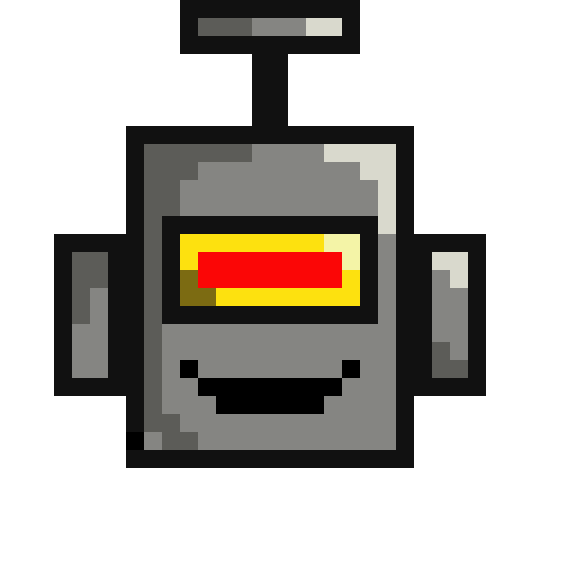
MMP 270: Introduction to Video Game Design
BMCC Fall 2021
the reason why I chose to draw a robot , I was watching robot chicken and the idea just came to me.

Part 1: Inspiration
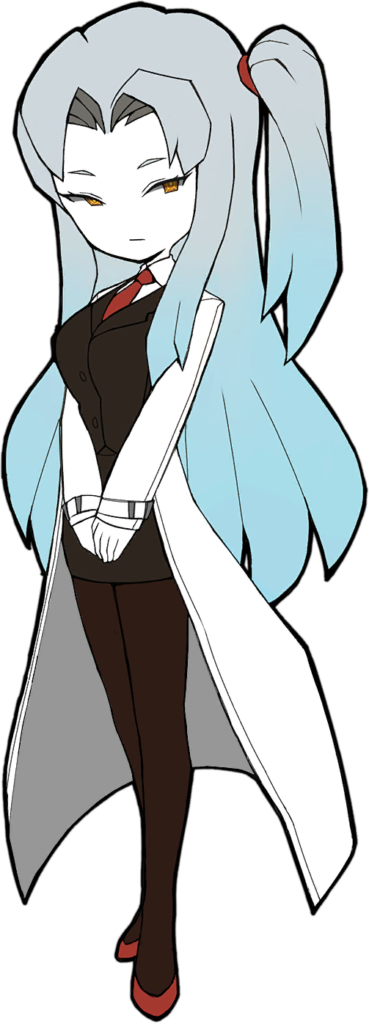
First is Angela from Lobotomy Corporation. Her design is very pretty, I particularly love the cross-hair detail in her eyes, which stays until she is free from her mission as an AI.
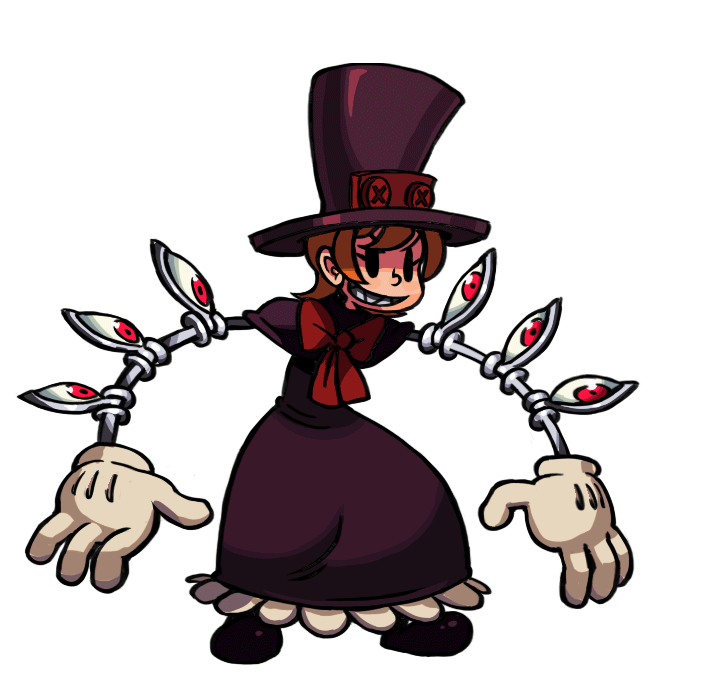
Second is Peacock from Skullgirls. She’s meant to be the “cartoon character” archtype, having her empty eye sockets stylized to look like 1940s cartoon eyes. I also like the literal bear trap she has for teeth, and the eyes on her arms.
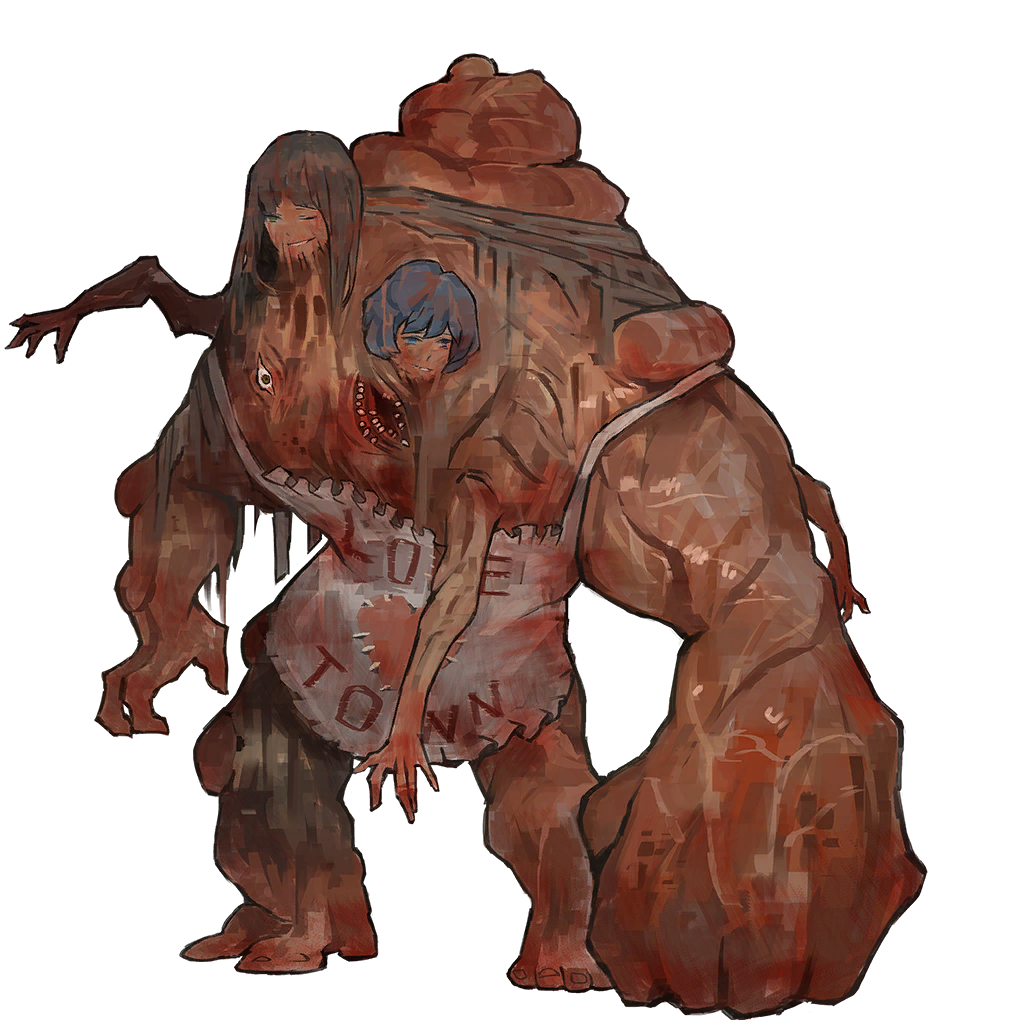
Third is Tomerry from Library of Ruina. Tomerry is a fusion monster of the couple, Tommy and Merry, and the grotesque form brings the player their first impact at how messed up the game’s world really is. Coupled with the in-game sounds, they make for a great first boss.

Fourth is Max from the Sam and Max franchise. He’s a cute lagomorph creature with sharp teeth and a craving for violence. Also sarcastic, I greatly enjoy everything about him.
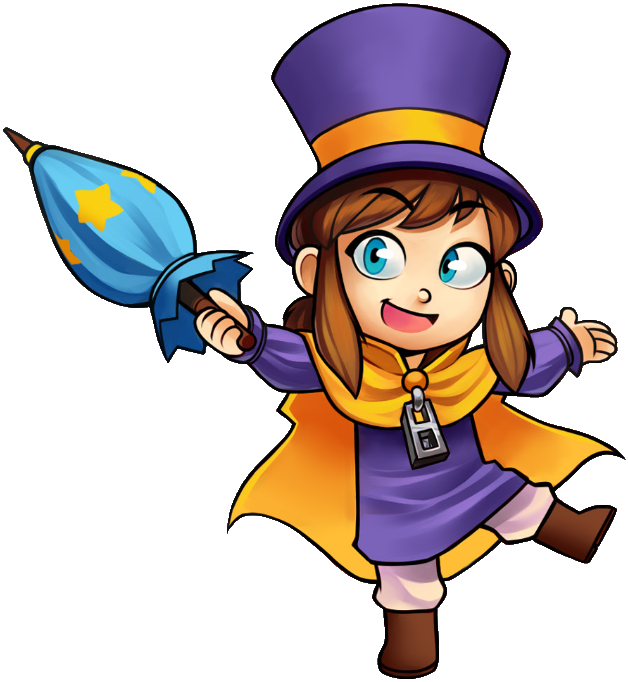
Fifth and finally is Hat Kid from A Hat in Time. She’s a cute alien child in a top hat and cape, wielding an umbrella as a weapon. I really love her base color palette, the colors blend well and is easy on the eyes.
Part 2: Character Sketches
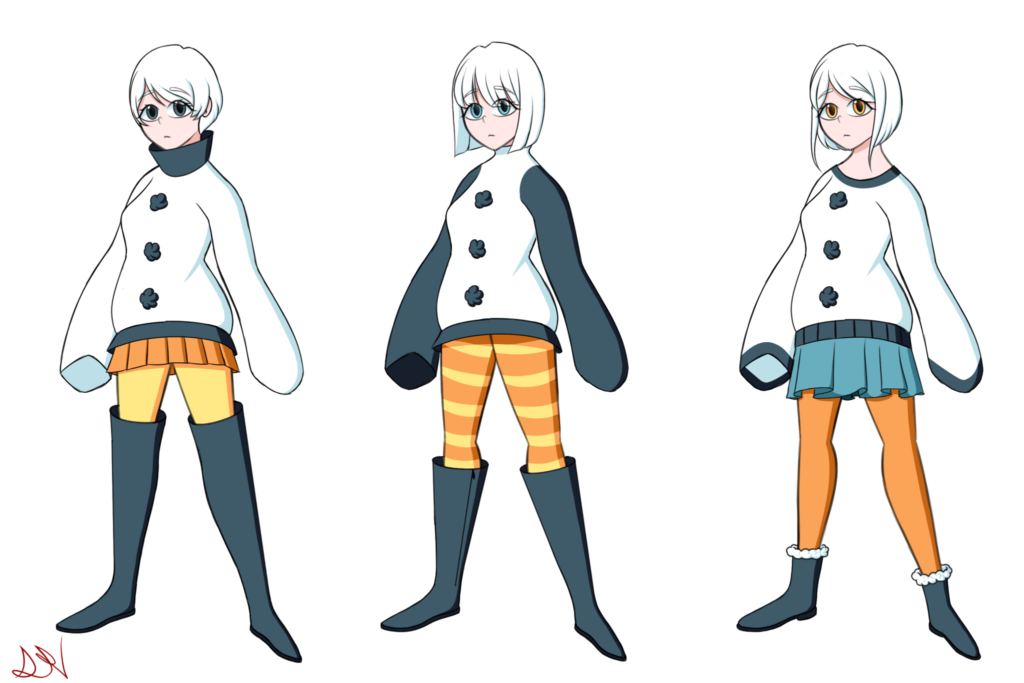
For my character design, I wanted to make a snowman girl using my favorite color palette of white, blue, yellow, and orange. The main over-all thought in creating these variations was that each one should be relatively easy to animate should they become the final choice, meaning no extremely fine details.
There were three constants between every variation, being:
1. I want her hair to be white and short.
2. I want her to have a big floppy sweater with pom-poms mimicking the snowman buttons.
3. I want her to wear boots.
Every other difference shown was pretty much just me sketching it out, thinking, “Well, what could possibly look good here?” both in terms of clothing style and color placement. I knew the sweater should also be mostly white because well, snowman. But what about the accenting dark blue? Each variation, I played around with where it could be, same with the legging colors. I also played around with different skirts and no skirt at all, as well as boot length and style.
In the end if I had to choose, I’d say I would go with the middle variation, but with taking the bottom sweater trim and fur boot tops of the right variation.
This is my first Gobot scene with my Smile Emoji as my avatar walking in the forest.
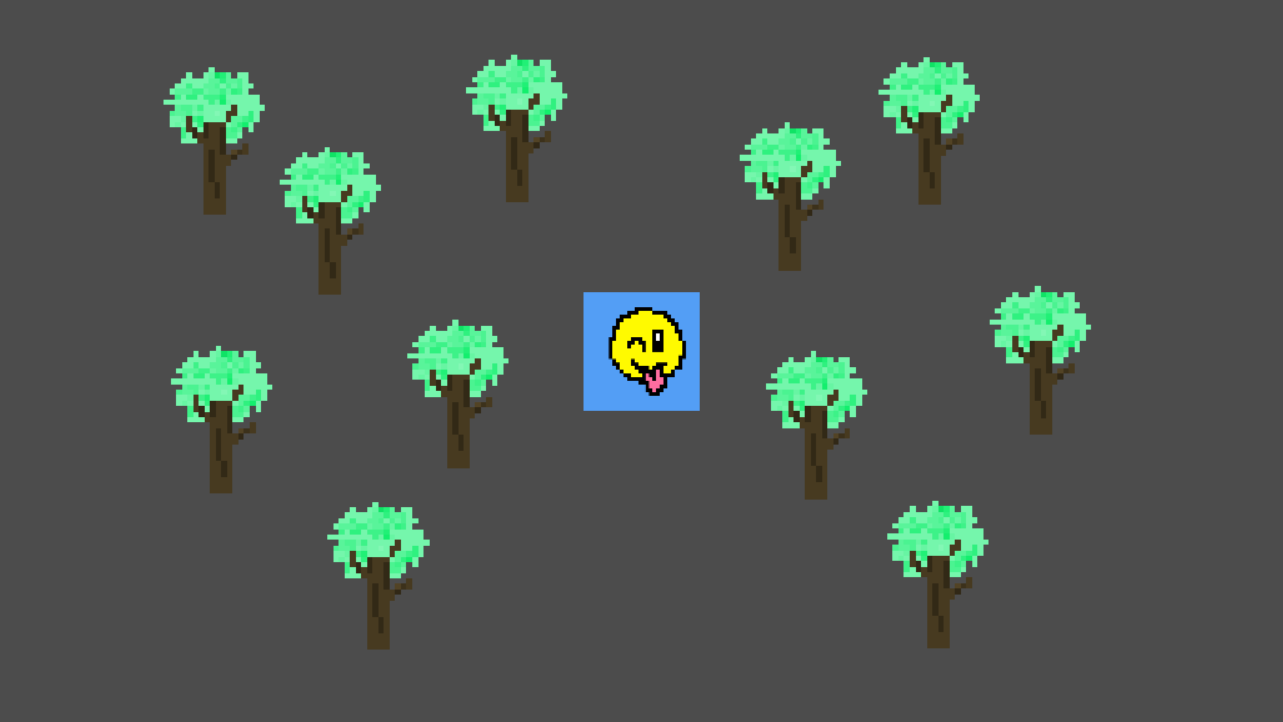
Chapters/Points I found interesting
-What is a game?
-Why do people play games?
-The game design sequence.
I refer to ‘obstacles’ we encounter as pupils, such as; minimizing what we can learn from game design because of how comfortable we might already feel in this environment as players.
“Those who overrate their own understanding undercut their own potential for learning.”(3rd paragraph).
Another point this chapter brought up that amused me was the different types of engines where games, computer games specifically, can be played on. (And I’m not referring to gaming platforms if that’s what came to mind for you).
“These games are played on five types of computers: expensive dedicated machines for the arcades (“coin-op” machines), inexpensive dedicated machines (“handhelds”), multi-program home games, machines such as the ATARI 2600 and the ATARI 5200, personal computers, and large mainframe computers.” (3rd page of chapter 1, computer games section).
To prove oneself by demonstrating prowess, aka becoming an expert on a specific field (In this case this could be a specific game brand, the game mechanic, and obtaining recognition from social events that for some can be tournaments.)
“There are also players who carry this to extremes. Their prime goal is not merely to win, but to beat somebody, preferably somebody worth beating.” (2nd page of 4th chapter, First paragraph of the section called ‘Proving Oneself’).
Another reason is Fantasy/Exploration. This quote perfectly summarizes this whole section, though of course, I suggest reading the full things because of some “spicy” subjects the author touches on. “Like a movie, a book, or music, a game can transport the player away from the tawdry world that oppresses him and create a fantasy world in which he can forget his problems.” (3rd page of 2nd chapter, First paragraph).
“I claim that the fundamental motivation for all game-playing is to learn.” (2nd page of chapter 2, 4th paragraph).
The sequence of events is- Choose a goal and a topic, Research and preparation, Design Phase, I/O Structure, Game structure, Program structure, Evaluation of the design, Pre-Programming phase, Programming phase, Playtesting phase, Post-Mortem.
Some quotes that stood out to me;
“The procedure I will describe is based on my own experiences with game design, and reflects many of the practices that I use in designing a game.” you’re not restricted to follow this sequence of events.
“..the game designer’s personality should dictate the working habits she uses.” I love that the author pointed this out. You should be self-aware of the way you work. How consistent you are. When your motivation to do such a project comes and goes.
Thank you!
Today I managed to put together a simple game with my avatar, by following along with the video and utilizing the given assets. Here is my progress below:
Also to note, in order to make this video, I had to go on a whole side quest of updating my video driver, because OBS straight up refused to record unless it was up to date. That is why it took me nearly 6 hours after class actually ended and I finished this to make a post.
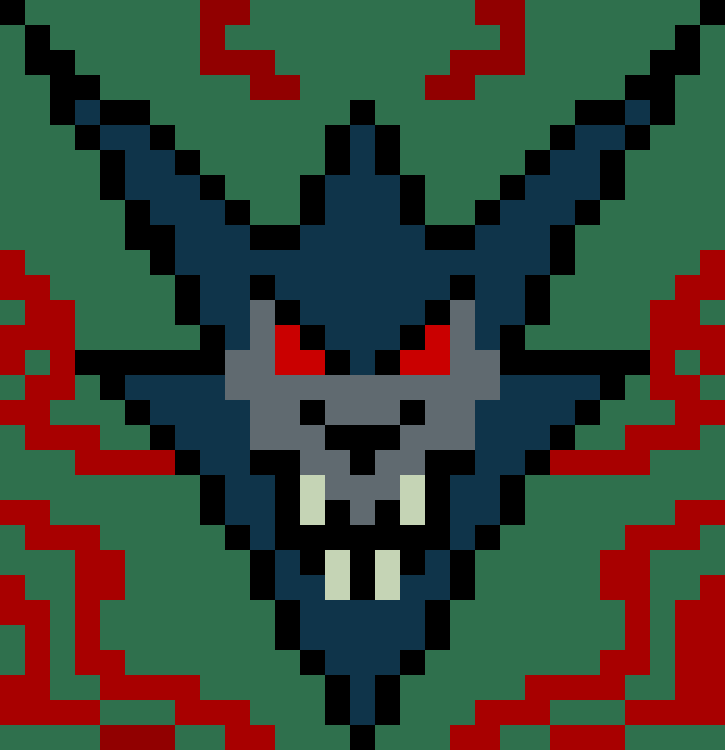
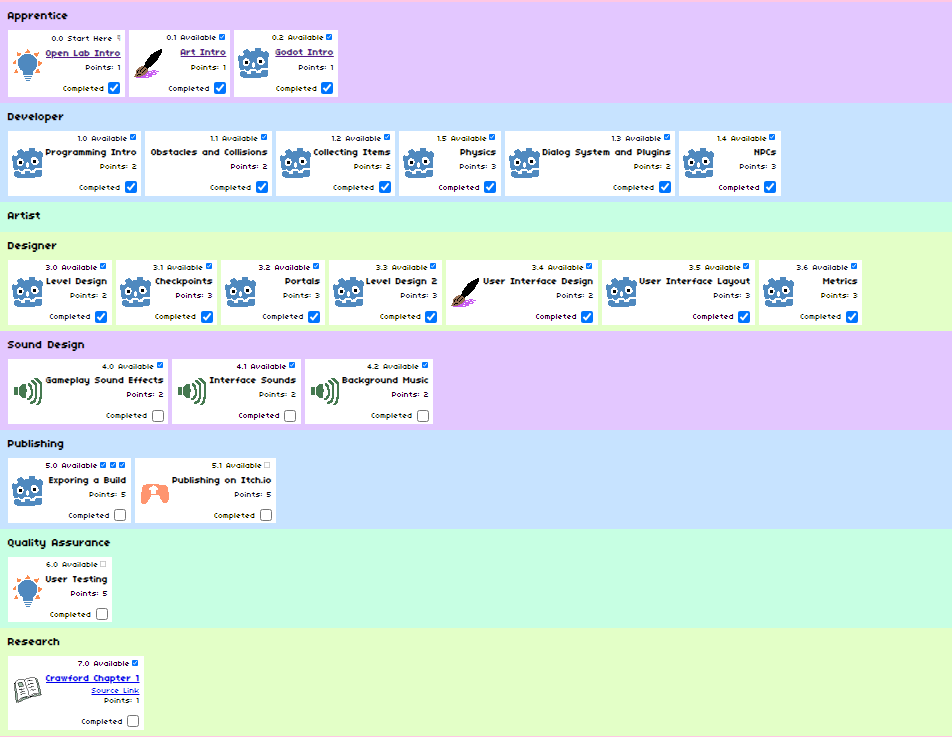
For my skill tree I plan to focus mainly on programming. I can’t draw characters, but I am able to design an interface. I find the coding to be easier overall, though.

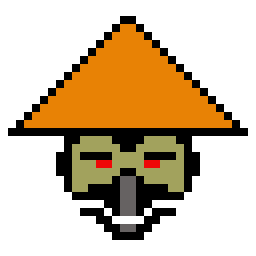
I created this Samurai-themed avatar using the Piskel app. I always liked watching movies and play games that include Samurai.
I made a pop art version of Geralt of Rivia from the Witcher 3.
![]()